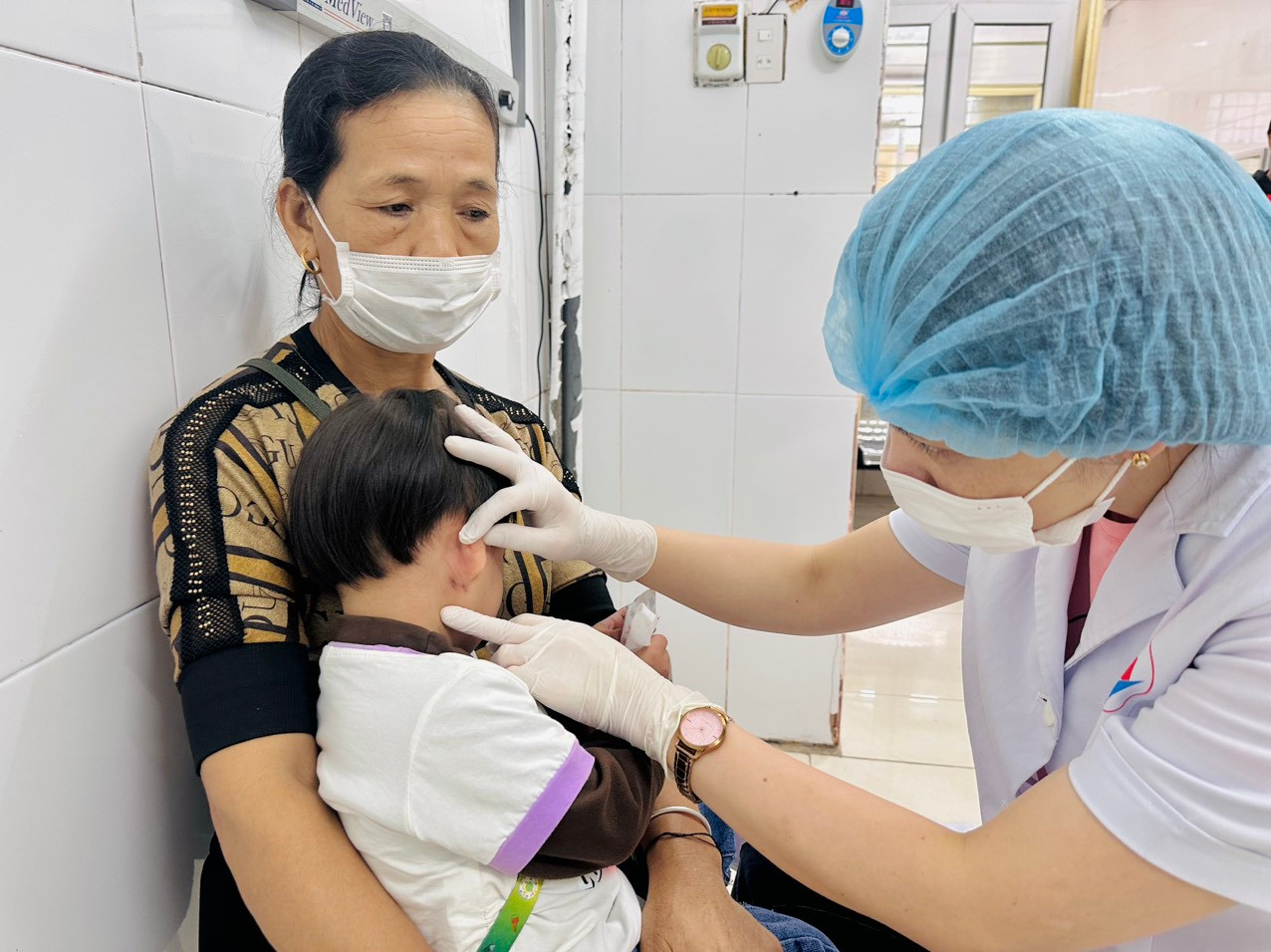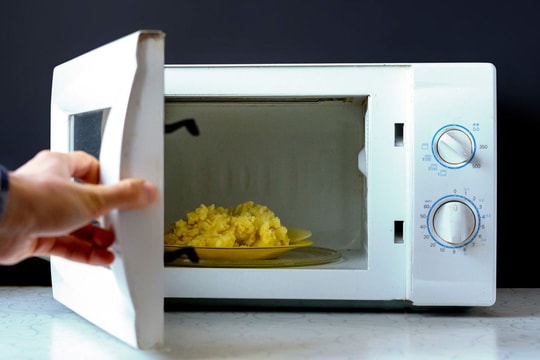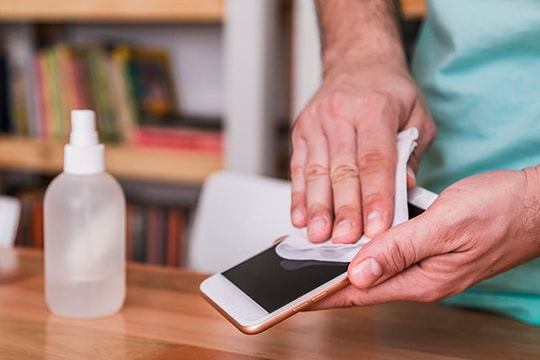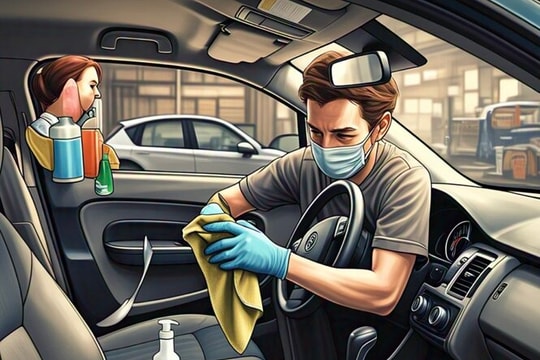Nghe An Maternity and Pediatrics Hospital saves life of child infected with 'flesh-eating' bacteria
(Baonghean.vn) - The Department of Dentistry, Nghe An Obstetrics and Pediatrics Hospital said: Recently, the department received and successfully treated a patient VTNT (4 and a half years old in Con Cuong) with Whitmore's disease - flesh-eating bacteria.
According to the family, since September 14, the child has had a high fever of 39 degrees Celsius; fever in bouts, accompanied by swelling and pain in the parotid region on both sides. After 7 days of intensive treatment at the hospital, the disease still did not improve and became more and more severe, so on September 24, the child was transferred to Nghe An Obstetrics and Pediatrics Hospital for examination and treatment.
Patient VTNT was admitted to Nghe An Obstetrics and Pediatrics Hospital with a persistent high fever and pain in the parotid region on both sides for 10 days. After admission, the patient was diagnosed with diffuse inflammation in the parotid region on both sides, and was monitored for sepsis.

Through test results, doctors determined that the child was positive for the flesh-eating bacteria Burkholderia pseudomalle (commonly known as Whitmore). This is a very dangerous infectious disease with a high mortality rate.
Patient VTNT was actively treated according to the Whitmore disease treatment regimen, draining pus on the spot, and improving his physical condition. After more than 1 month of treatment at the Intensive Care Unit and the Department of Dentistry, VTNT was completely cured and had no sequelae.
Doctors of the Department of Dentistry, Nghe An Obstetrics and Pediatrics Hospital recommend: Currently, it is the rainy season, which is a favorable time for Whitmore bacteria to develop. Workers who have to come into contact with soil and water should have appropriate protective equipment to avoid bacteria from infecting their bodies. In particular, those with wounds, boils, etc. should avoid direct contact with mud, soil, and polluted water sources.
If you are unlucky enough to get contaminated, you should wash it with antibacterial soap and dry it. If you suspect you have the disease, you should go to a medical facility immediately to have the bacteria tested early and use appropriate antibiotics.
Currently, Whitmore is a disease that has no vaccine, nor is there any recommendation for the use of prophylactic antibiotics. Therefore, we must proactively take preventive measures and not be subjective about this disease./.








